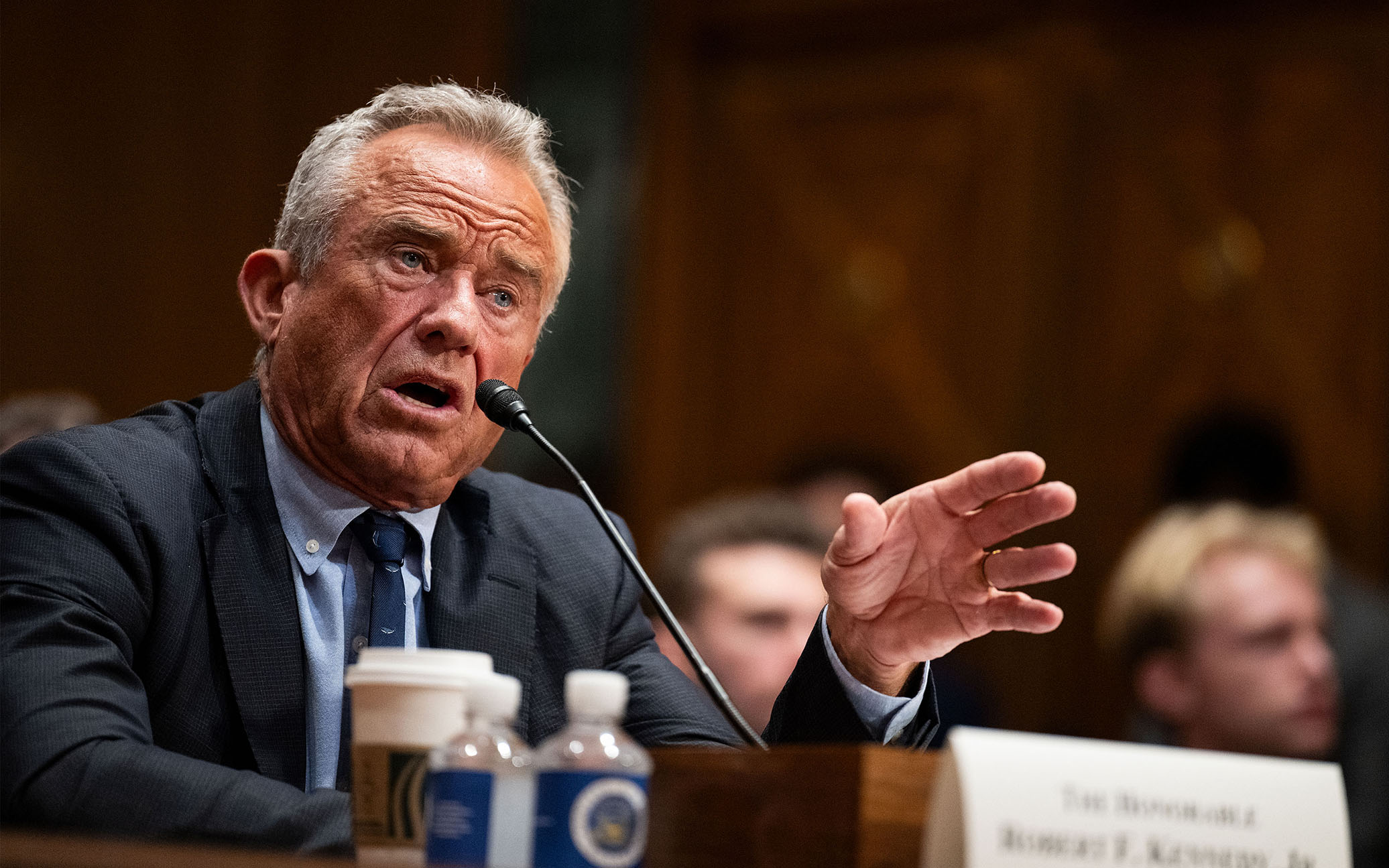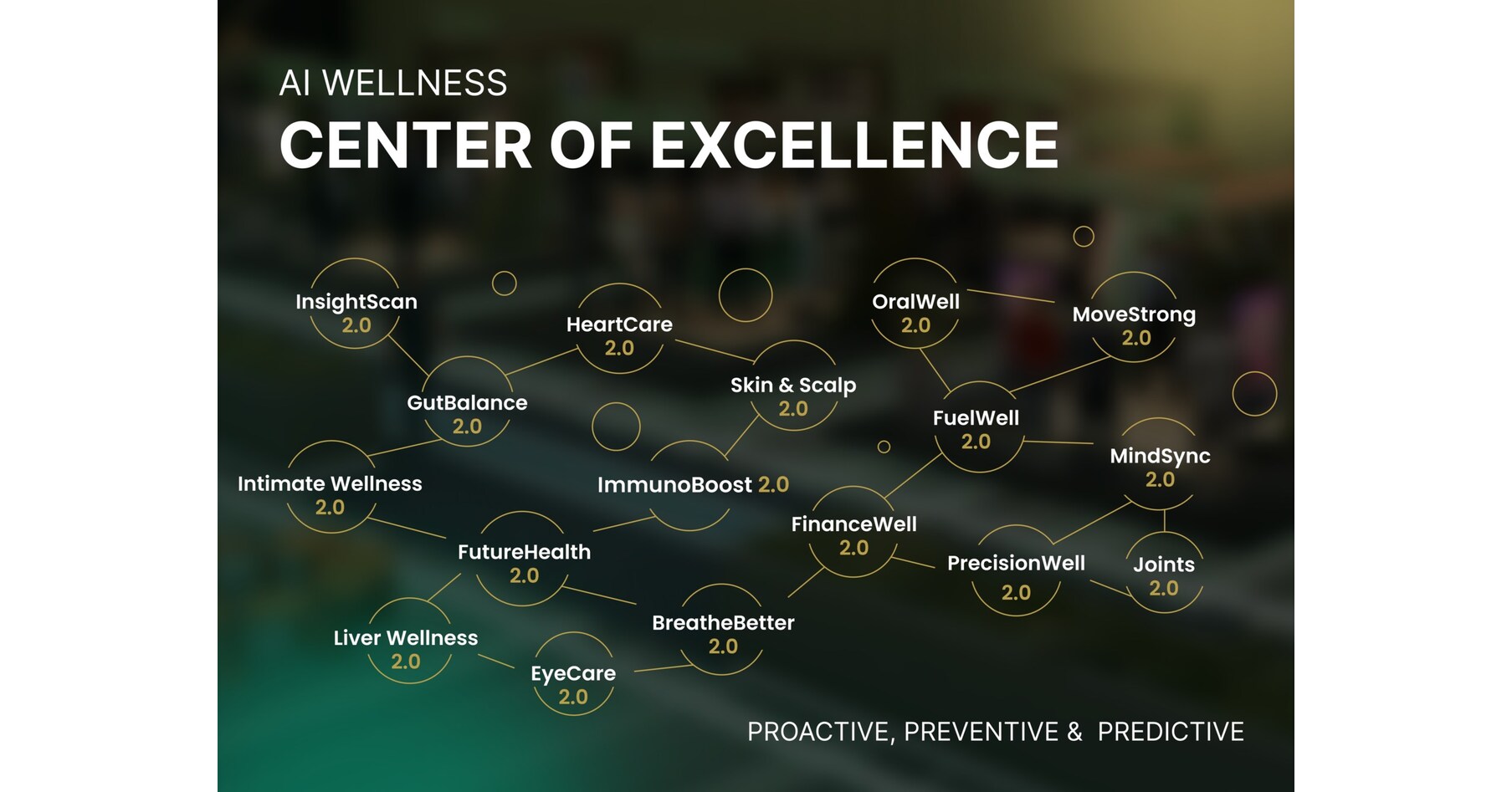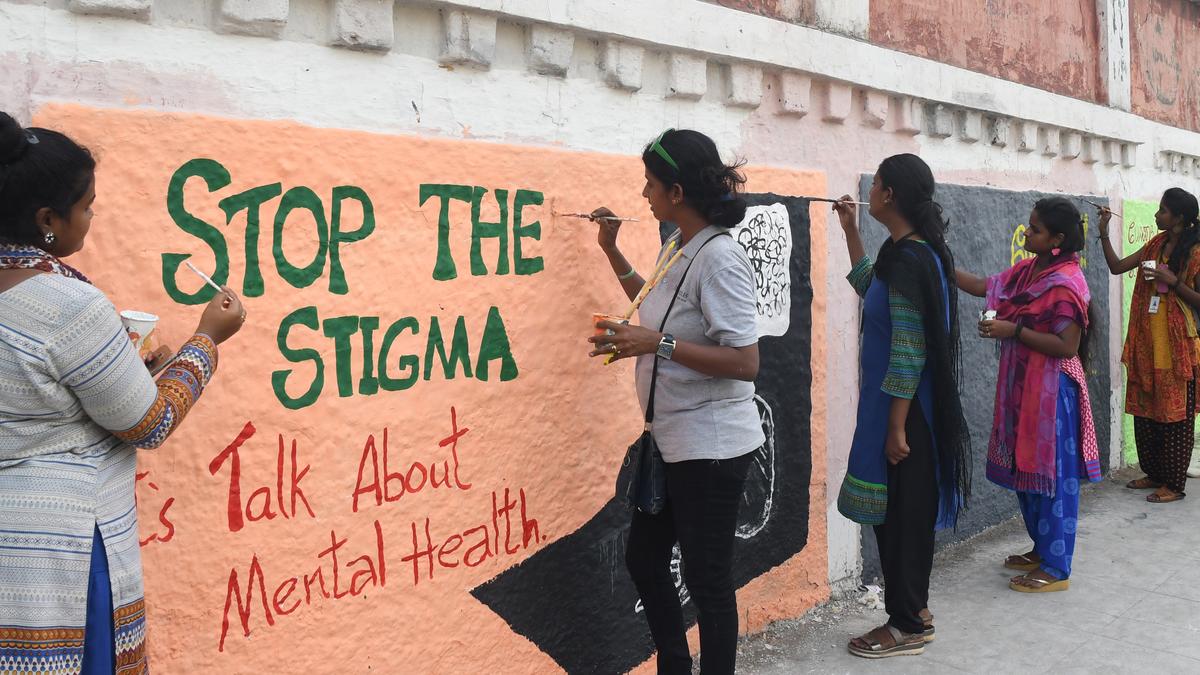Summary
HHS Secretary Robert F. Kennedy Jr. seems inclined to add autism to the list of conditions covered by a federal payout program, threatening its financial viabil…
Source: disabilityscoop.com

AI News Q&A (Free Content)
Q1: What is the National Vaccine Injury Compensation Program (VICP), and why was it established?
A1: The National Vaccine Injury Compensation Program (VICP) was created under the National Childhood Vaccine Injury Act of 1986 to provide a federal no-fault system for compensating vaccine-related injuries or deaths. It was established in response to a crisis in the 1980s where lawsuits over the DPT vaccine threatened vaccine supply. The program aims to ensure stable vaccine availability and offers a legal avenue for compensation outside the traditional court system.
Q2: How does the VICP handle vaccine injury claims, and what has been its impact over the years?
A2: The VICP administers vaccine injury claims through the U.S. Court of Federal Claims, often referred to as the 'vaccine court.' Between 1986 and May 2023, it awarded approximately $4.6 billion, with an average claim award of $450,000. Most awards are settled through negotiation, and only a small percentage of vaccine doses result in compensation. This system helps mitigate prolonged litigation and ensures vaccine manufacturers remain in business.
Q3: What are the common misconceptions about vaccine-related injuries and autism?
A3: A prevalent misconception is the alleged link between vaccines and autism, despite substantial scientific evidence refuting this claim. Organizations like WHO emphasize that vaccines do not cause autism. Nonetheless, historical legal cases have seen substantial awards based on these claims, contributing to the ongoing debate and public mistrust.
Q4: What has recent research revealed about global trends in childhood vaccination coverage?
A4: Recent research from the Global Burden of Diseases Study 2023 highlights that, while childhood vaccination has averted many deaths, there are persistent inequities in coverage. The COVID-19 pandemic has further disrupted progress, necessitating strategic adjustments to meet the WHO's Immunization Agenda 2030 targets.
Q6: How might the inclusion of autism in vaccine injury compensation lists impact the VICP?
A6: If autism were added to the VICP compensation list, it could strain the program's financial resources significantly due to the potential increase in claims. This scenario raises concerns about the program's sustainability and the broader implications for public health policy.
Q7: Why is there controversy surrounding vaccine injury compensation related to autism?
A7: The controversy stems from differing perspectives on the causality between vaccines and autism. Despite scientific consensus dismissing a direct link, public sentiment and legal precedents have fueled debate. The inclusion of autism in compensation lists could exacerbate these tensions and impact public trust in vaccination programs.
References:
- National Vaccine Injury Compensation Program
- Vaccine adverse event
- National Childhood Vaccine Injury Act





